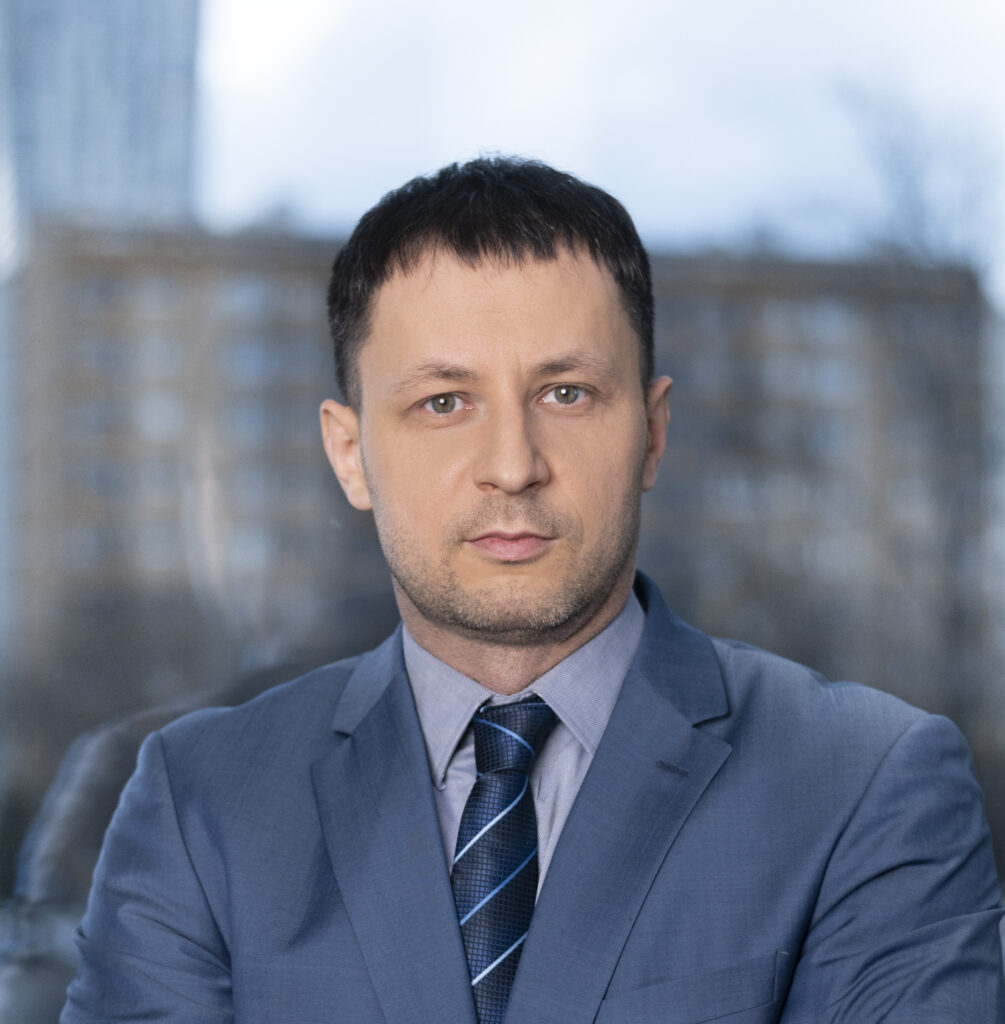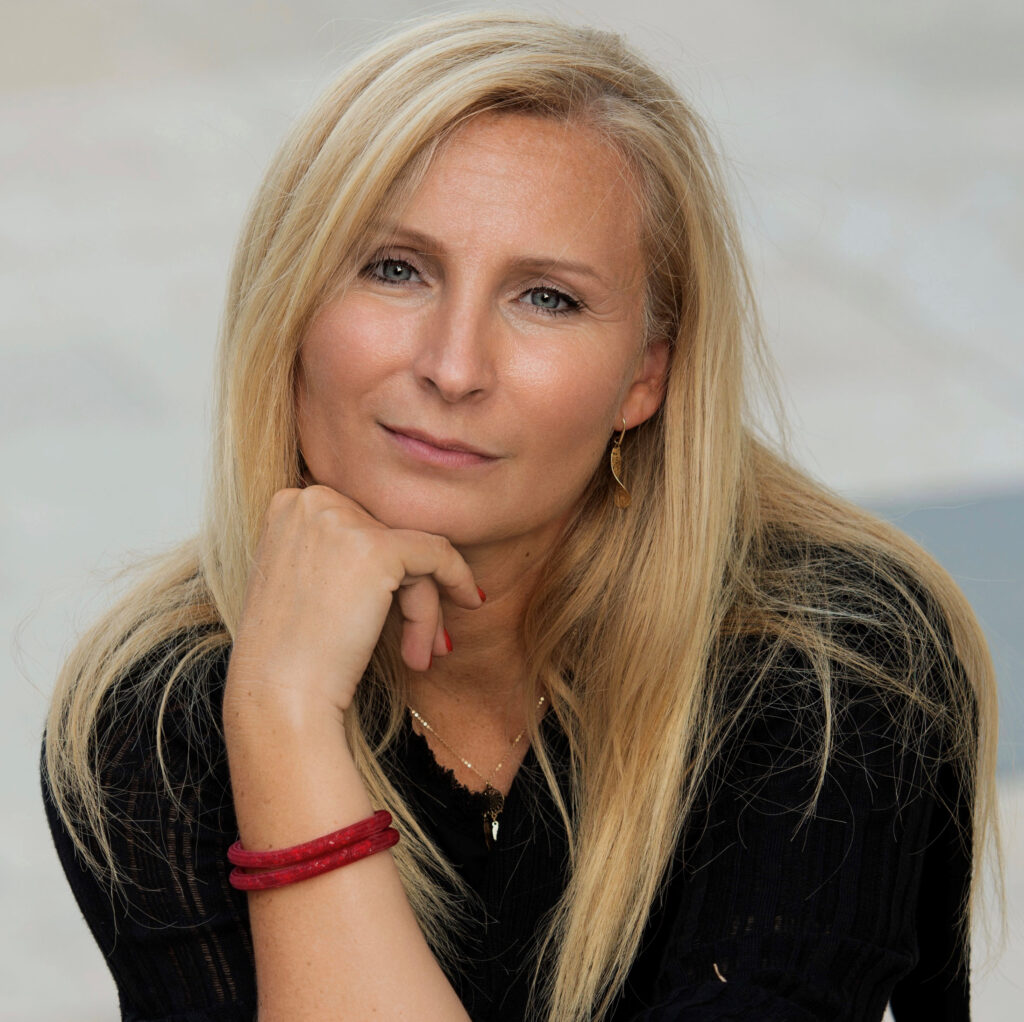10:30‑11:15 - Debates 1
Will Russian aggression derail or accelerate EU climate policy?
The longstanding policy of openness towards Russia, in exchange for access to cheap raw materials, has made EU countries dependent on Russian gas, oil and coal supplies. The "Fit for 55" climate solutions package introduced in July 2021 supports the achievement of EU climate neutrality. The package also stipulates a higher share of RES in the EU's diversified energy sources. Emission standards for the land transport sector have been tightened. It assumes, among other things, a reform of the EU Emissions Trading System (EU ETS). The adopted package in its assumptions was to translate into increased competitiveness of the EU economy.
The war in Ukraine confronted the EU decision makers with a fundamental problem: how to ensure energy security to the EU citizens while striving to achieve the goal of climate neutrality set for 2050.
There is a risk that guaranteeing energy security in the short term may slow down the energy transition. It will be much more difficult to pursue an ambitious decarbonization policy when we cannot afford a production gap, i.e. a shortage of capacity in the power grid. So every power plant will be important. This gap is all the more possible because, in addition to the energy crisis, we also have a military crisis in Europe.
As experts indicate, in the long term, climate policy within the European Union should not change. It will only be adjusted to current security needs. In the long term, the Russian attack on Ukraine may paradoxically mobilize Europe to a faster transition to renewable energy sources.
Event moderator
Speakers




